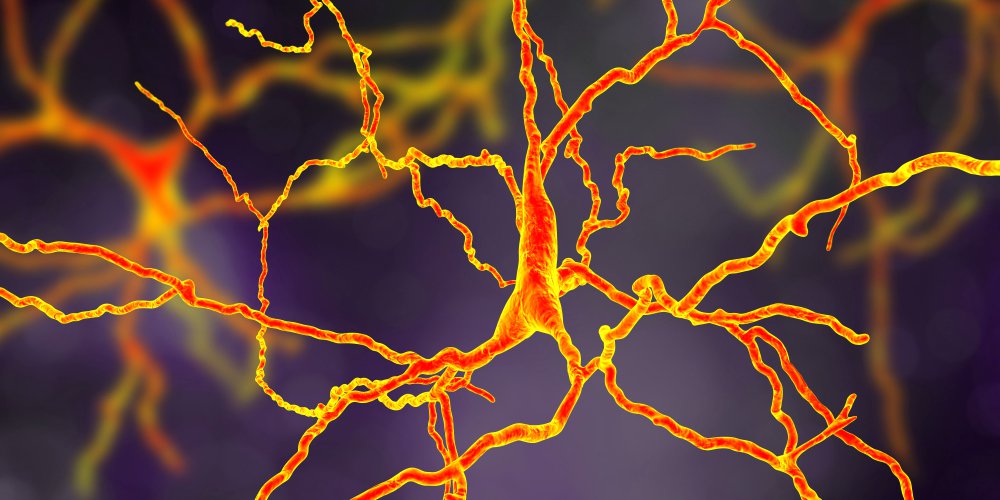Sage Therapeutics announced topline results from the Phase 2 SURVEYOR Study. The study met its primary endpoint demonstrating a statistically significant difference as measured by the HD-Cognitive Assessment Battery (HD-CAB) composite score at baseline between healthy participants and participants with Huntington’s Disease (HD) prior to any treatment with dalzanemdor (SAGE-718) or placebo.
“Huntington’s Disease is a rare, genetic, neurodegenerative condition that greatly impacts the ability of individuals to function independently. While symptoms of cognitive impairment can precede motor symptoms by up to 15 years, it is a historically underrecognised aspect of HD and there are no approved treatments for cognitive impairment in HD,” said Laura Gault, Chief Medical Officer, Sage Therapeutics. “The findings from the SURVEYOR Study highlight the extent of cognitive impairment associated with HD and enhance our collective understanding of this devastating disease. This finding further underscores the importance of developing treatments that can address this critical unmet need for people living with HD.”
SURVEYOR (NCT05358821) was a small study with three objectives: to determine the magnitude of cognitive impairment in HD compared to healthy participants; to evaluate the safety of dalzanemdor in participants with HD; and to better understand the relationship between changes in cognition and changes in function. A total of 40 participants with HD and 29 healthy participants were enrolled. The HD-CAB, a composite battery comprised of six individual tests to assess various domains of cognition relevant to HD, was used to evaluate cognition in all study participants.
SURVEYOR Study Results
The study met its primary endpoint demonstrating a statistically significant difference as measured by the HD-CAB composite score at baseline between healthy participants and participants with Huntington’s Disease (HD) prior to any treatment with dalzanemdor or placebo. The baseline composite score for participants with HD was markedly lower (p < 0.0001) compared to healthy participants, further underscoring the extent of cognitive impairment associated with HD and the significant unmet need for treatment options.
In the second part of the study, participants with HD were randomly assigned to receive dalzanemdor or placebo for a 28-day treatment period. The study was not designed or powered to demonstrate a statistically significant difference between dalzanemdor and placebo.
- In this part of the study, the safety and tolerability of dalzanemdor was evaluated as a secondary objective, and exploratory analyses included measures of cognition and function.
- Dalzanemdor was generally well-tolerated and no new safety signals were observed. A total of 11 participants with HD experienced treatment emergent adverse events (TEAEs), the vast majority of which were mild to moderate in severity. There were no discontinuations related to TEAEs.
- There was a small numerical difference observed between dalzanemdor and placebo on the HD-CAB composite score at Day 28. Other prespecified analyses suggested the potential for directionally positive signals in a number of individual component tests of the HD-CAB and in some functional assessments. Additional work is ongoing to further analyse and understand the data including the relationship of changes in cognition to changes in function.
As the Company continues to evaluate the SURVEYOR Study data, it plans to apply relevant learnings to ongoing work on the dalzanemdor program. The Company expects the following dalzanemdor program milestones in late 2024:
- Report topline data from LIGHTWAVE Study in mild cognitive impairment and mild dementia in Alzheimer’s Disease
- Report topline data from DIMENSION Study in cognitive impairment associated with HD




